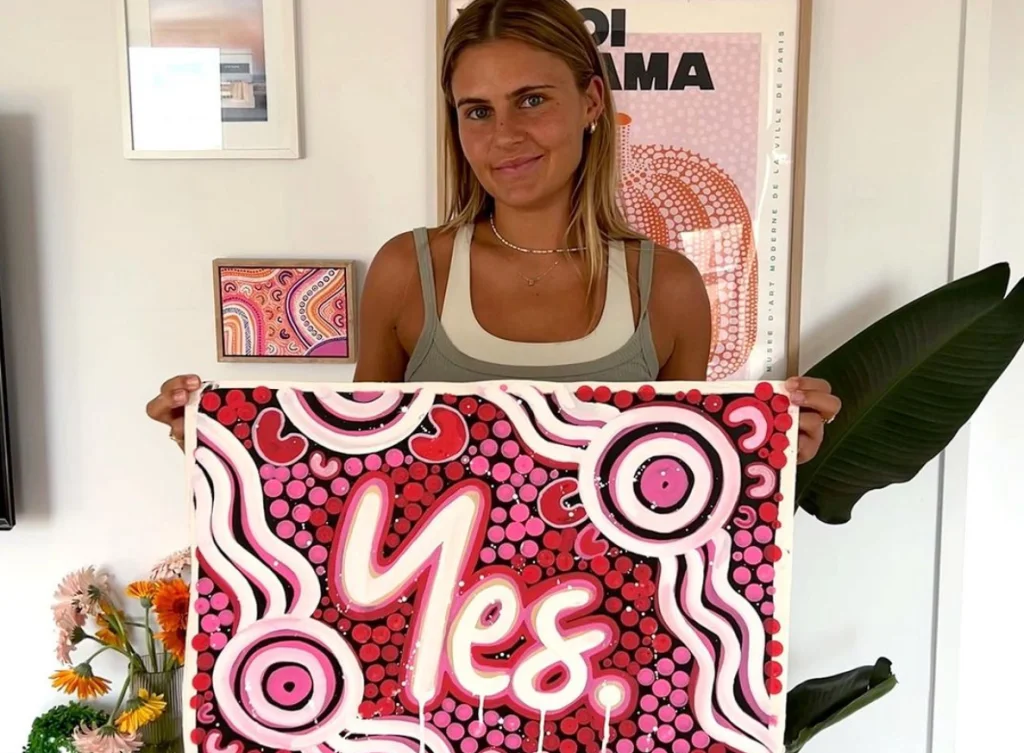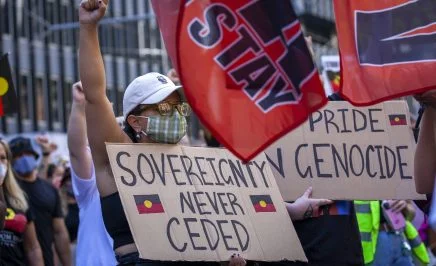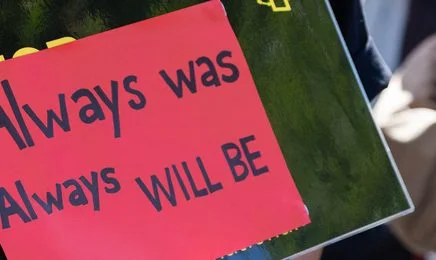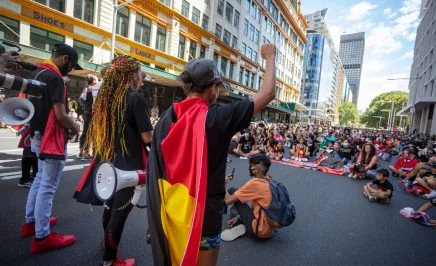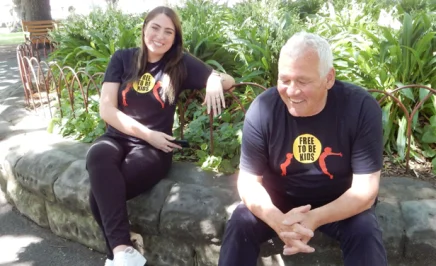With the power returned to our hands, we will be able to keep our kids in our families, improve our health, and better our futures.
Maddie Knight
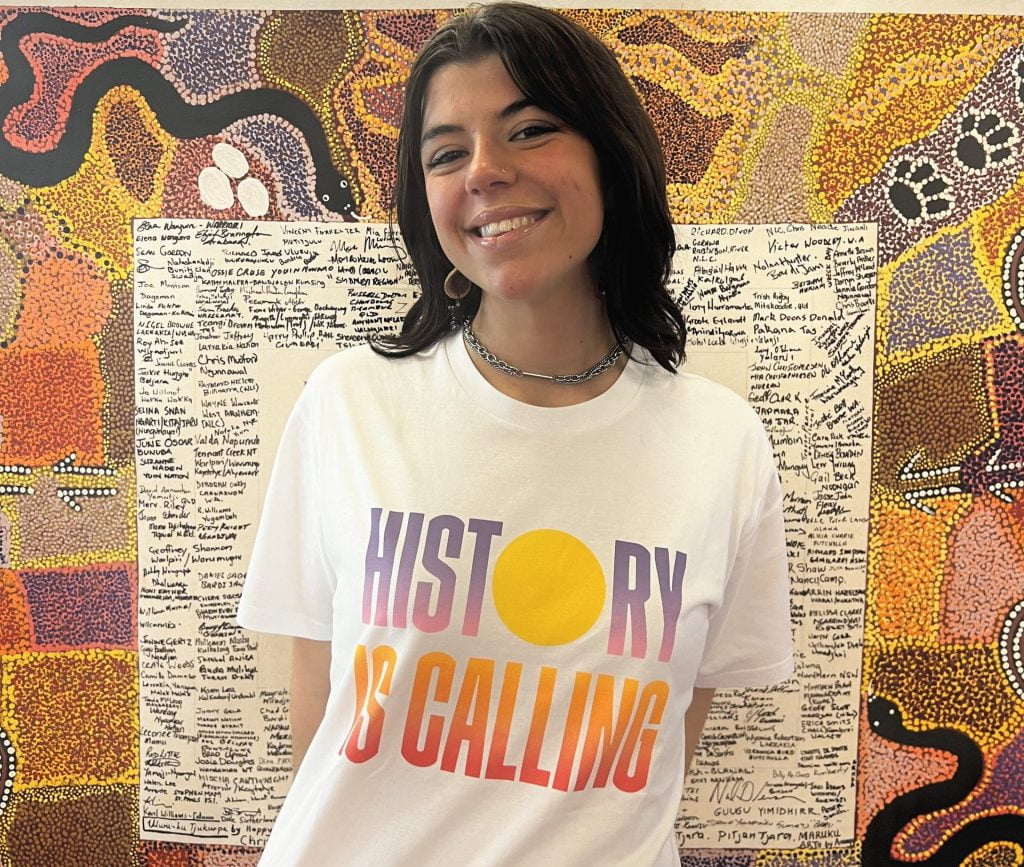
A common question around the referendum Australia will vote on this Saturday is how the Indigenous Voice will change things for First Nations people. The No campaign has argued that it will just add more bureaucracy. A First Nations Voice, they say, isn’t needed when other Indigenous representative bodies like the NIAA already exist. What would the Voice add?
It’s a question that many Australians have asked. But like so many conversations around the Voice, it’s being used by the No campaign as an opportunity to mislead and confuse rather than clarify and educate.
How is the Voice different from other Indigenous representative bodies?
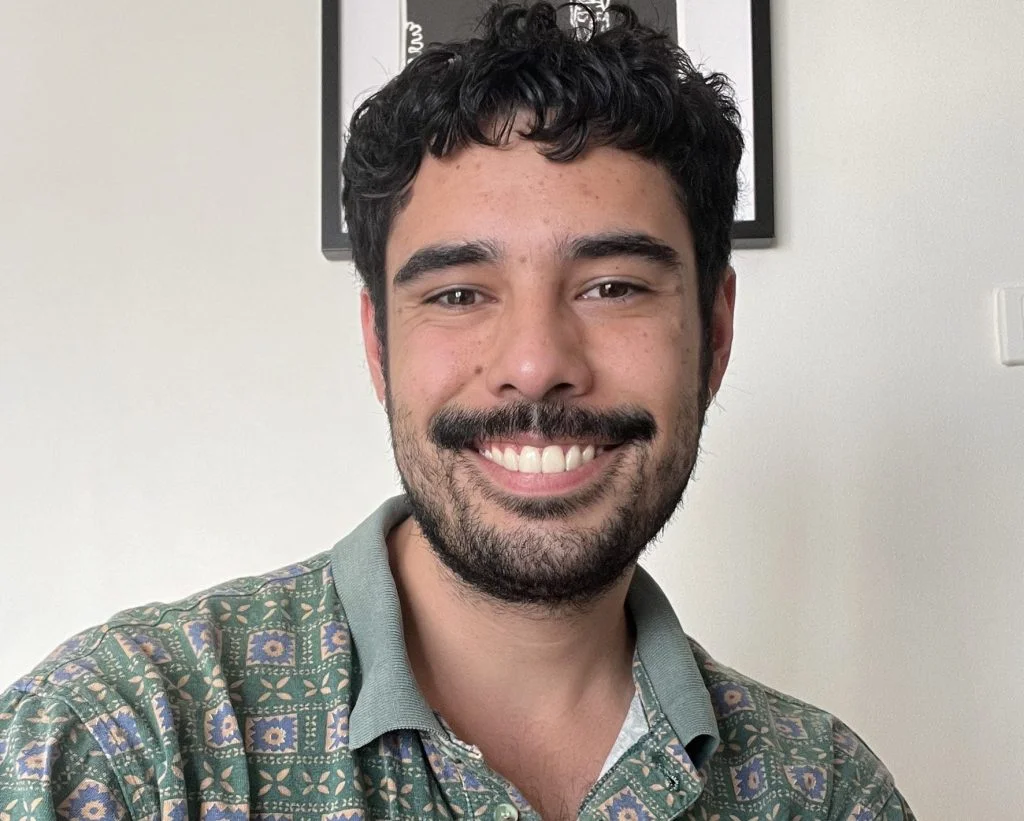
There are some important differences that would set the Voice apart from existing Indigenous agencies like the NIAA. For one, being enshrined in the Constitution means it couldn’t be abolished by the government, which isn’t true of any other Indigenous representative body. If you want to learn more about this issue, we’ve already covered it in our mythbusting blog.
What will it look like “on the ground”?
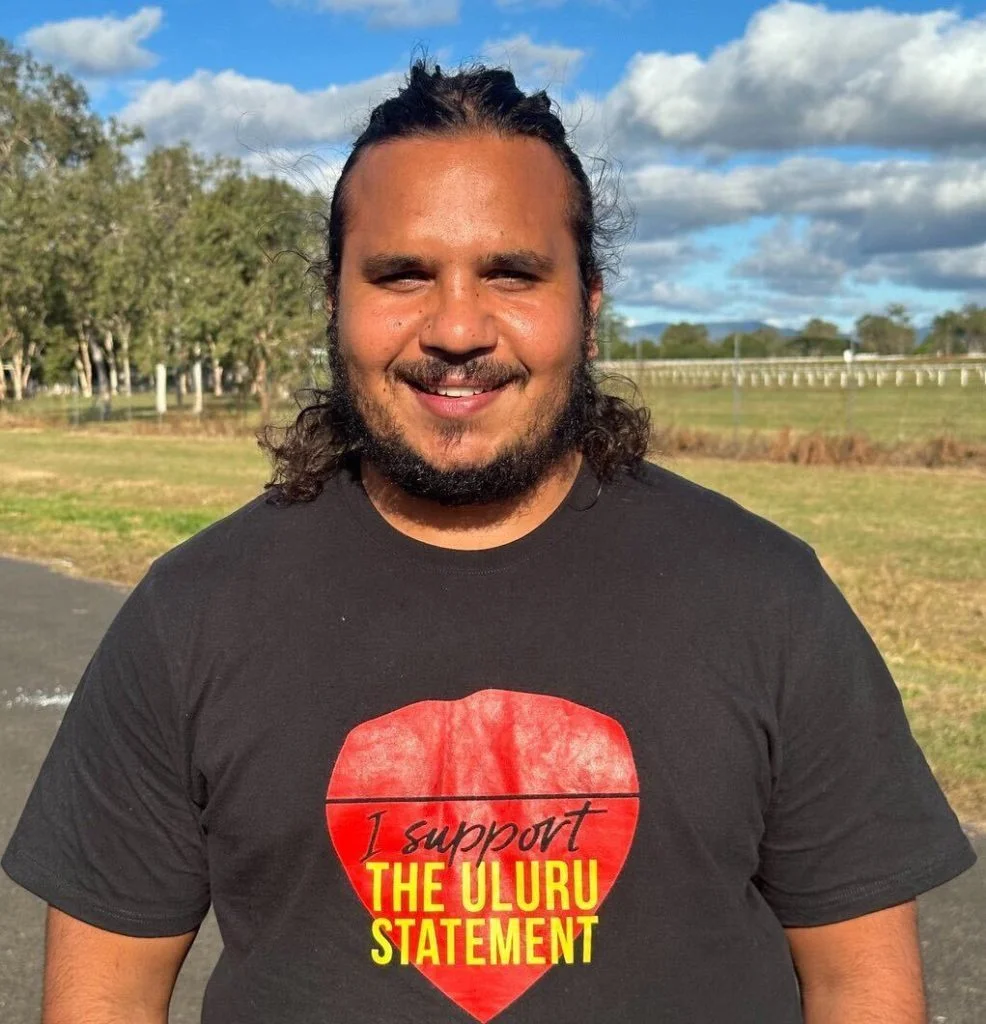
Our people have suffered too much for too long at the hands of bad laws and policies predominantly made by old white men based on what they think is best for us.
Joel Murgha
Leader of the Opposition Peter Dutton has said the Voice won’t have any impact for First Nations people ‘on the ground’. It’s framed as a practical objection that’s sympathetic to the needs of Indigenous communities. But that argument falls apart when we look at recent history.
Remember that Dutton has made headlines by refusing invitations to events that are hugely important to First Nations people. This famously includes the Apology to the Stolen Generations back in 2008. But there are other, less well known examples, like his snubbing of the Garma Festival earlier this year. Given that Dutton’s consistently shown no interest in even visiting “the ground”, how can he judge what’s best for the people who live there?
Instead of listening to politicians like Dutton, let’s listen to the people whose lives are really impacted by these decisions; First Nations people themselves.
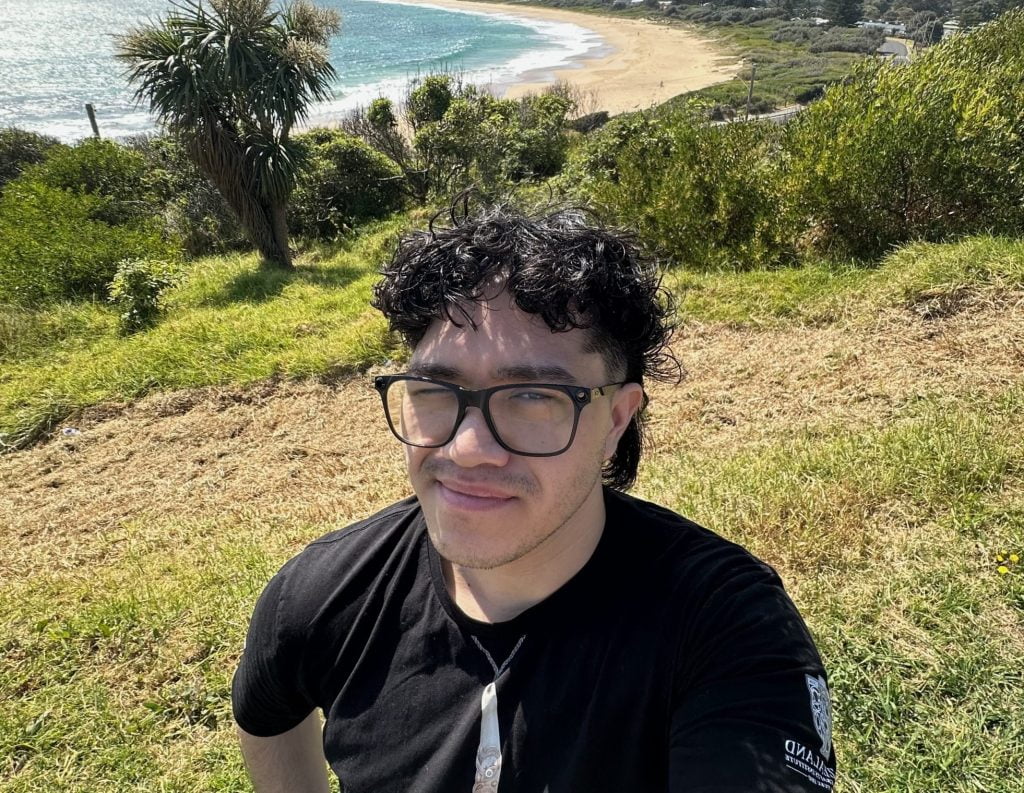
Your vote will make history.
The argument that a Voice to Parliament won’t change anything relies on the fact that many Australians find political processes confusing and distant. It all seems to be happening on some higher level, and it’s hard to see the real-world impact.
That’s even more true for the Voice, since the changes it brings about won’t be obvious to most non-Indigenous people. But the fact is that laws and policies have real consequences for real people. And whether the result of the referendum is Yes or No, the impacts of this decision on First Nations people will be huge.
I believe a voice will empower our communities to speak up from the grass roots through the regions, states and onto the Nation about the matters that impact us most.
Kristal Kinsela
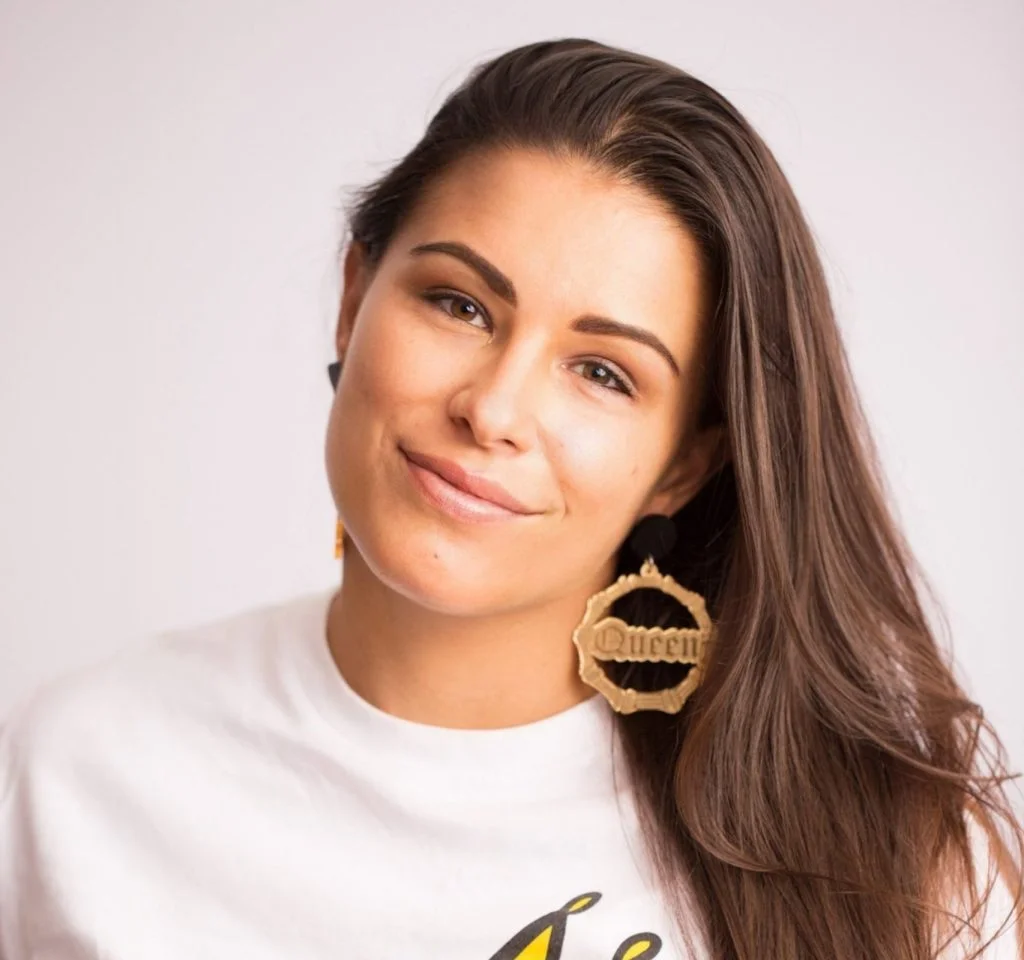
The ‘won’t change anything’ argument also banks on voters feeling powerless to change the system: This is the way it’s always been, do you really think your vote will affect anything? It’s the path of least resistance, and it’s an easy trap to fall into. But the truth is that your vote is powerful, and your decision will make history.
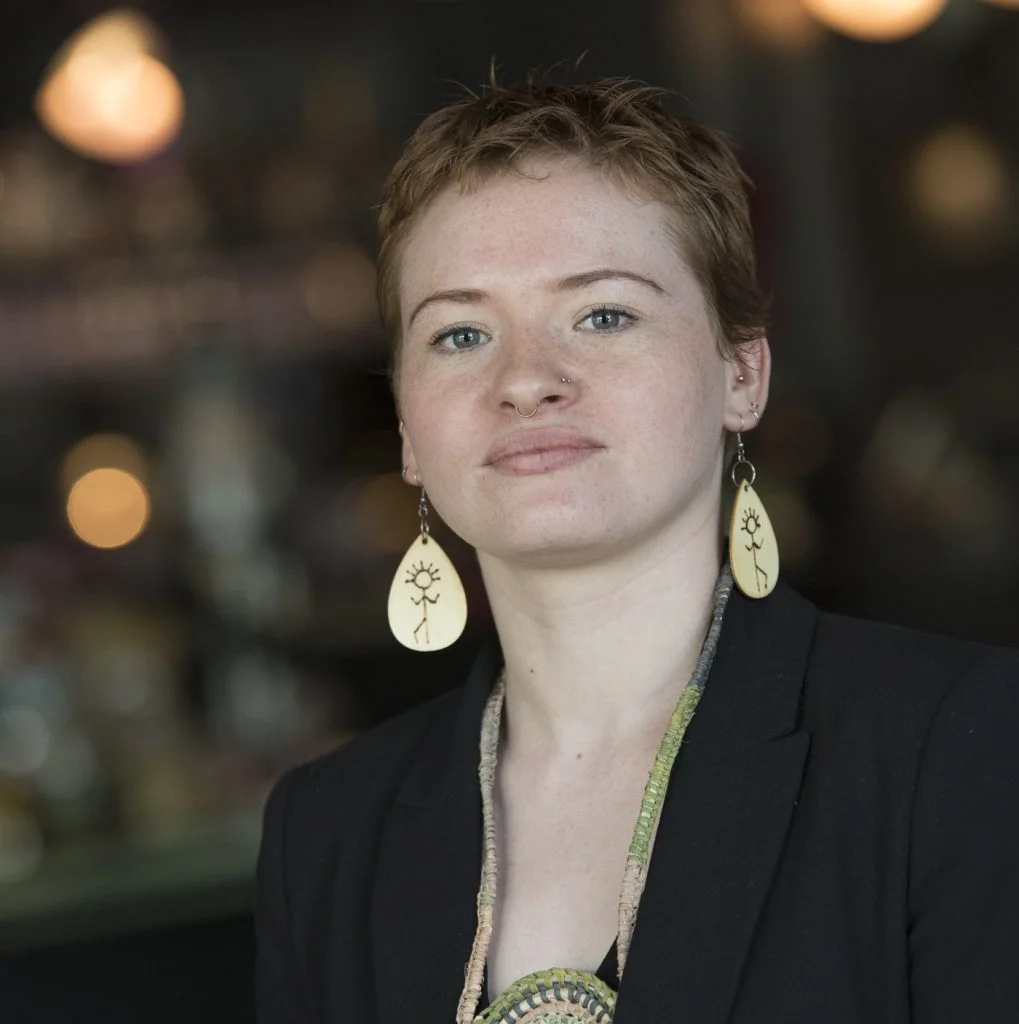
Show First Nations communities that they are valued.
While some of us can check out of the conversation when it gets too hard, First Nations people don’t have that luxury. Under the current system, they have endured genocide, theft and desecration of their sacred lands, removal and imprisonment of children, police brutality, extreme poverty and crushing inequality. Accepting the status quo means accepting a future where this suffering continues. There has to be hope for something better.
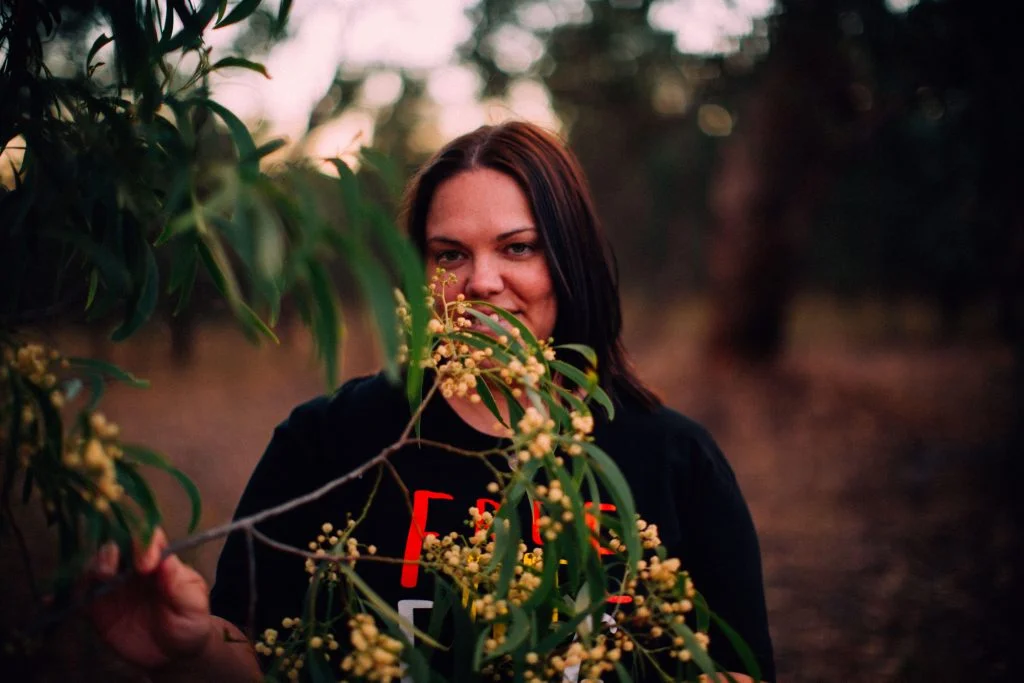
– Rach McPhail
This is not the finish line, but a really achievable way to start making tangible improvements in social and emotional outcomes for mob.
Rach McPhail
First Nations people and those who support the Voice to Parliament know it won’t fix everything. It’s not a silver bullet. It’s not “the finish line.” But like the Apology to the Stolen Generations, it’s a big step in the right direction.
A Yes result sends a clear message to First Nations people that we recognise and value them, the world’s oldest continuing culture. And it sends a message to the rest of the world that we have the character to stand by the democratic principles we claim and the courage to reckon with our painful history.
This is a very complex but pivotal time in our country. Be a part of the solution by voting Yes on October 14.
Bayley Mifsud
